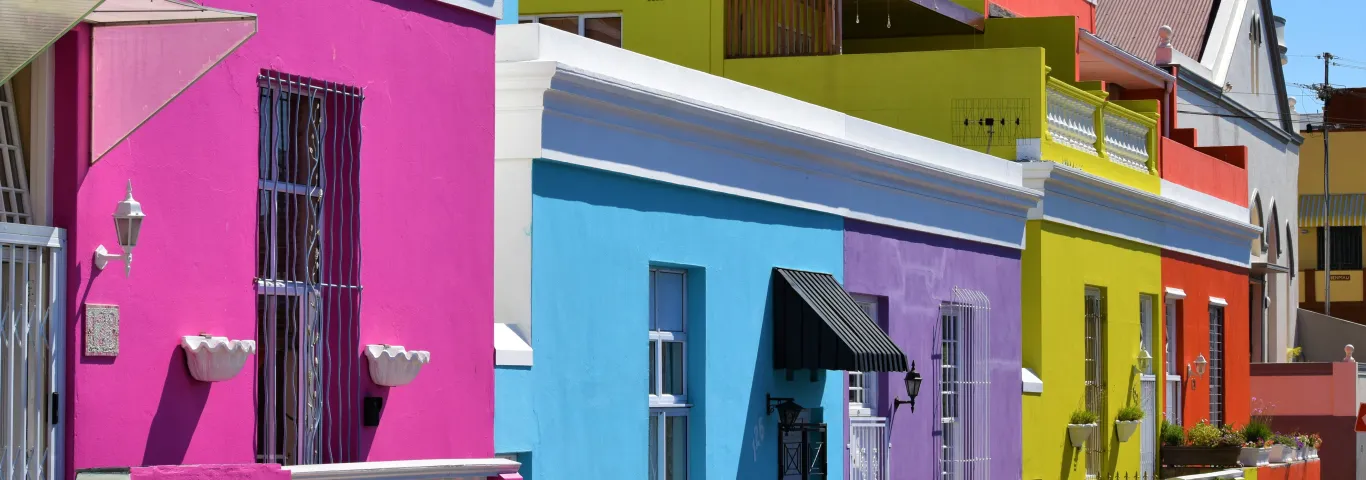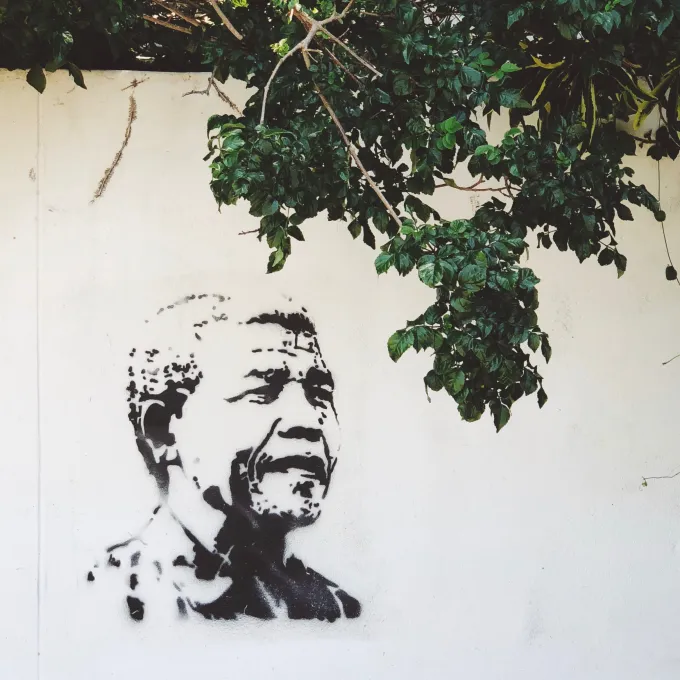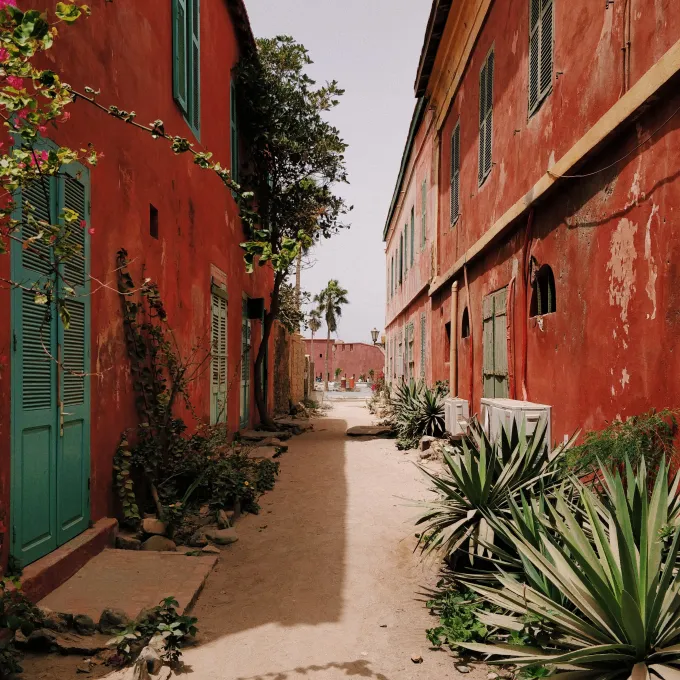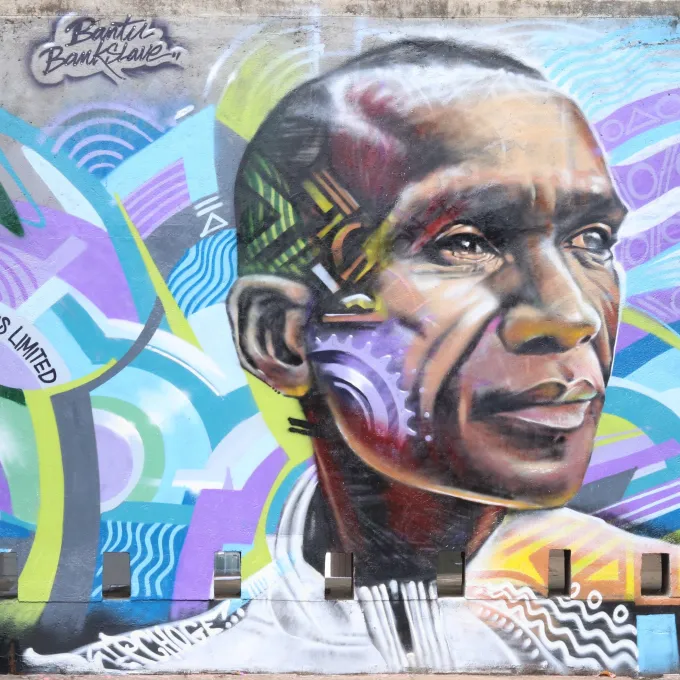Local to Global Black Studies
The African and African American Studies department offers opportunities for students to explore the social, political and intellectual history as well as the literature, culture and artistic life of the people and places of the African diaspora. Our department emphasizes Global Black Studies and is distinguished by a commitment to community-engaged, transformative research, teaching, programming, and service.
Led by leading scholars in their fields of Africana Studies, Anthropology, History, English, Sociology, Design, and more, the department examines a wide spectrum of experiences and issues and is both multidisciplinary and interdisciplinary in its approach. Courses are offered in the humanities, the social sciences and the performing arts. Our faculty and students pursue Global Black Studies through research, courses, programs and initiatives spanning East, West and Central Africa, the United States, Europe, Mexico, and the Caribbean, and are deeply enaged with St. Louis.
Students who major or minor in African and African American Studies design a course of study and experiencial learning that focuses on either a particular area of interest (e.g., health and wellness; arts and culture; global studies) or a more comprehensive examination of black culture and life. Students also have opportunities to collaborate in faculty research and undertake internships with St. Louis community organizations such as the Missouri Historical Society, the Griot Museum of Black History, Vitendo4Africa, Greenwood Cemetery, and the George B. Vashon Museum. Study abroad and immersive learning opportunities through departmental programs in Kenya and Senegal, Ampersand courses, and study trips and programs in other parts of the U.S. and global African Diaspora, can further enrich the student experience. Our alums have achieved success and distinction across a wide spectrum of fields, including the arts, medicine, law, education, science, and many other areas of creative and professional endeavor.



